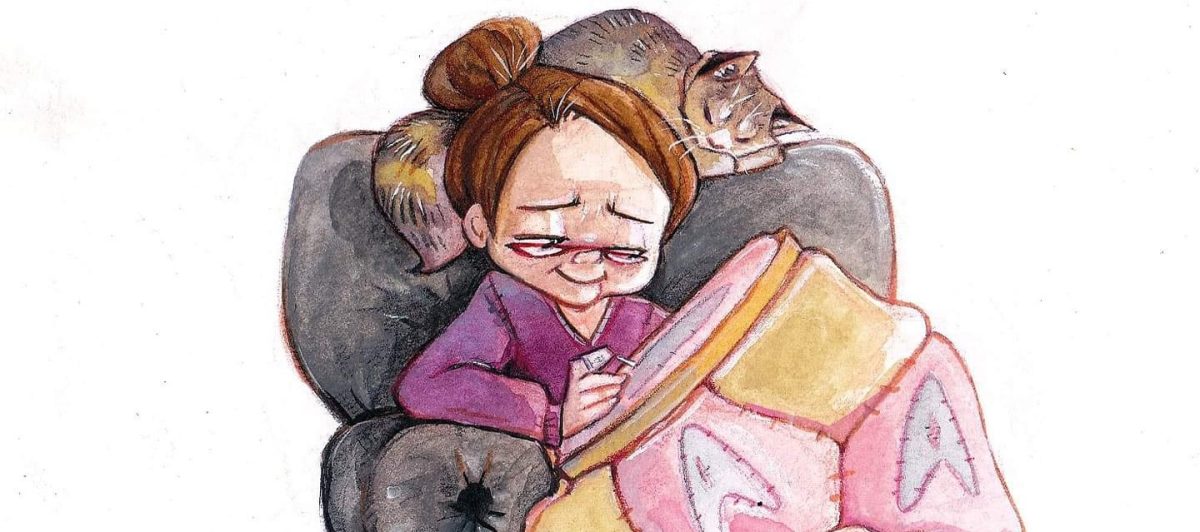The diner, nestled on the edge of a lonesome highway, became an oasis from the relentless downpour outside. A cozy booth, though weathered and drafty, offered a brief escape and a clear view of the rain-soaked road. In that dimly lit corner, a young couple found refuge, their clothes damp and clinging to their weary frames. Her unruly chestnut curls framed a tired face that rested on his strong shoulders. In the hushed ambiance, she whispered, “I love you.”
The waitress, a middle-aged woman with a lifetime of burdens etched in her eyes and heart, approached their table. She set down two glasses of water and a forlorn-looking, day-old cinnamon bun. Her gaze held a flicker of sympathy as she surveyed the bedraggled travelers. The young man, his face sporting a scruffy beard, offered a weary but thankful nod, though his pockets remained frustratingly empty.
Walking away, the waitress sighed, muttering to herself, “No tip from this table, I suppose.”
John had spent his entire life branded as a commodity, treated as property, until his 18th birthday arrived. That day marked the end of his oppressive tracking device, its malevolent control over his life finally ceasing. Months of anticipation led to this liberating moment when he could feel the device breaking down, leaving behind only a small scar as a haunting reminder of his forced servitude. True freedom lay ahead, a life no longer dictated by the crushing Vocational Education Program that had bound him to involuntary labor. The world stretched out before him, offering choices—travel, higher education, employment—all unfettered by the oppressive past, officially erased from records and sealed by the courts of justice.
John’s gaze shifted from his reflection in the rain-dappled window to the young woman beside him. The drizzle outside began to ease. They couldn’t linger here much longer.
“We need to move,” he said, gently urging the girl out of the booth.
Sarah, her wild chestnut curls defying every attempt to tame them, bore the scars of her turbulent upbringing. Born to a drug-addicted mother, her father remained an anonymous specter among countless men. Her life as a commodity had begun at the tender age of four, ensnared in a ruthless system. If the state’s intervention had come just a few years earlier, she might have found a chance at adoption, a loving home, and a future unmarred by the horrors of her past.
Days spent toiling in sun-scorched fields, harvesting vegetables, and enduring daily rituals were now a memory. She had reached an age where the church elders deemed her no longer useful for their purposes. In a cruel twist of fate, they had snapped her picture, slapped it onto a Commodity Trade show flyer, and labeled her a “reliable, diligent worker.” She had escaped that nightmarish existence, fleeing to be with the only person she could trust—the young man who stood beside her.
Yet, the shadows of her past continued to pursue her. A relentless retriever was closing in. Unlike John, her tracking device still functioned, marking her as a target to those who viewed her solely as a commodity, with no regard for whether she returned dead or alive.
